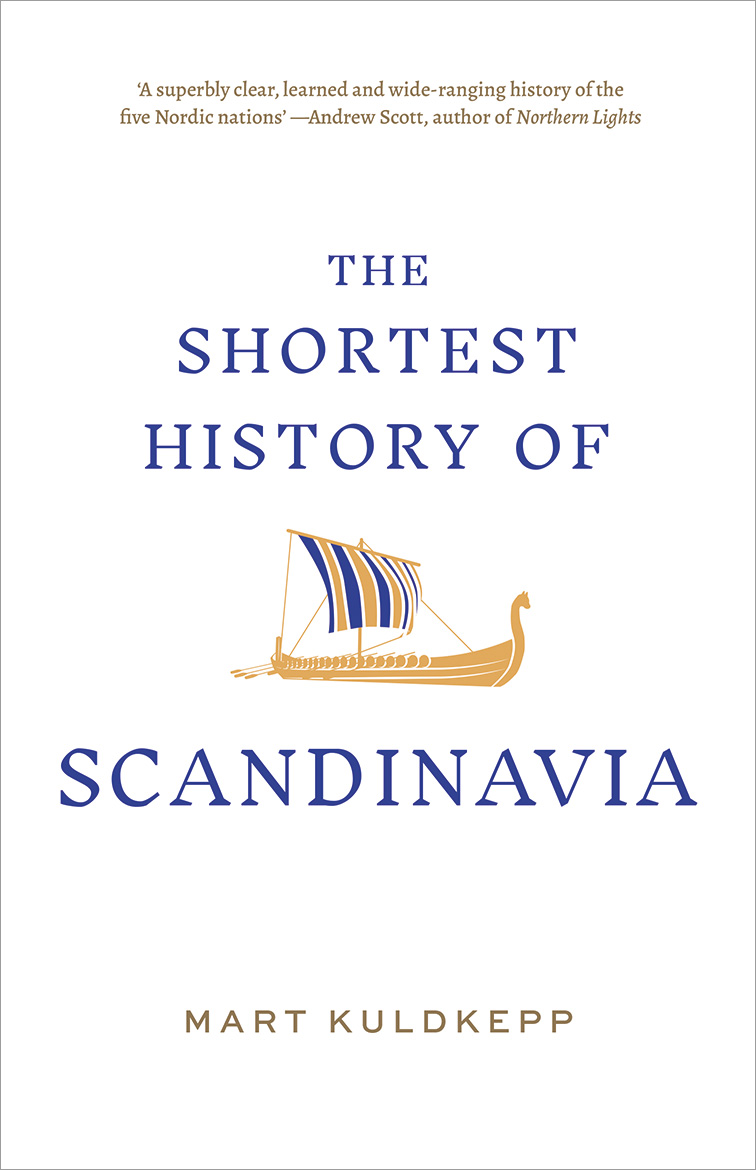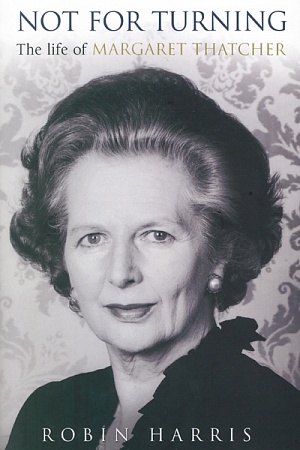Good International Citizenship: The case for decency
Monash University Publishing, $19.95 pb, 90 pp
Purposes beyond ourselves

Over the course of a long and distinguished public life, Gareth Evans has held fast to his conviction that as individuals aspire to personal decency and moral behaviour, the same should be replicated among nations. As a foreign minister and an author, and in his international organisations and academic roles, Evans has consistently advocated ‘good international citizenship’. Care for our common humanity he sees as both a moral imperative and a national interest.
However, Australia’s record as a good international citizen has ranged from patchy to lamentable. Evans measures it against four criteria: foreign aid (ODA), human rights, peace and security (including refugees), and collective action in the face of existential threats. Labor’s internationalist approach to these activities, he recalls, was displaced after 1996 by the Coalition’s reversion to promoting ‘national values’ based on our European heritage. Australia steadily fell to much lower levels than its OECD counterparts in ODA, trustworthiness, media freedom, and peacefulness. Australia’s grudging and minimalist performance, as Evans describes it, on human rights and Indigenous people, and our miserliness towards refugees, asylum seekers, environmental degradation, and climate action, have been internationally criticised.
Continue reading for only $10 per month. Subscribe and gain full access to Australian Book Review. Already a subscriber? Sign in. If you need assistance, feel free to contact us.








